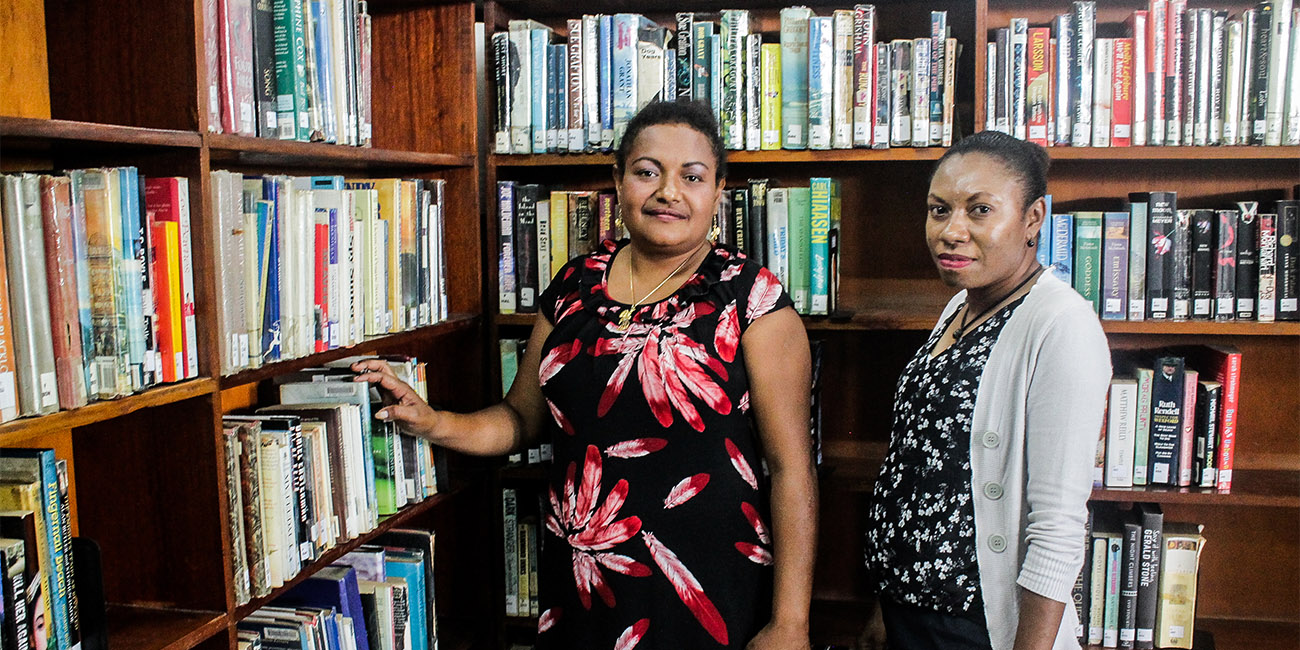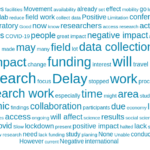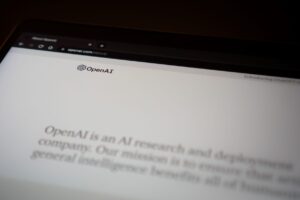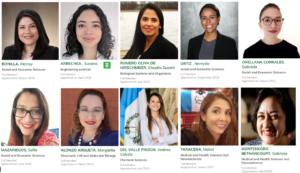
Research4Life selects INASP to evaluate user experiences
Independent and wide-ranging research into user experiences will inform Research4Life’s future work in reducing the knowledge gap between researchers in industrialized nations and those in low- and middle-income countries.
Following a competitive tender process, Research4Life, which works to address global imbalances to access to scientific and professional information, has appointed a team led by INASP to conduct an independent and wide-ranging review of Research4Life’s users’ experiences across a range of countries and institution types. The user review will inform decisions on the long-term strategy behind Research4Life’s programme development, content expansion, user training and support, and technical upgrades.
Research4Life was established in 2002 and comprises five programmes (Hinari, AGORA, OARE, ARDI and GOALI). The aim of Research4Life is to reduce the knowledge gap between industrialized nations and low- and middle-income countries (LMICs) by providing free or low-cost access to peer-reviewed academic and professional content. The five programmes are widely available in more than 120 countries in the Global South, providing access to up to a hundred thousand journals, ebooks and other resources.
To inform future developments, the user review will research, identify and analyze:
- Patterns and trends in the use of Research4Life content from 2015 to now.
- The perceived value of Research4Life’s training, outreach, platform and contents by users.
- The impact of the programmes on the (scientific) productivity users.
- Constraints affecting the wider use of Research4Life, particularly relating to technical problems or the quality of the user experience.
INASP will lead an expert project team of experienced individuals in information access, Southern research systems, research methodology, and data analysis. Regional consultants will undertake field interviews. The team will draw on the experience and expertise of Research Consulting, which recently conducted Research4Life landscape and infrastructure reviews.
The work, which starts in May 2020, will involve a desk-based review of available institutional monitoring and other data collected across Research4Life; in-depth interviews of stakeholders in multiple countries; case studies of the usage journey and experience of a range of users; and surveys. Key conclusions and recommendations will be shared with stakeholders in mid-2021 at the annual General Partners’ Meeting.
“The Research4Life Review Board was unanimous in its selection of INASP for this major project”, said Andrea Powell, Research4Life’s Publisher Coordinator. “The team that they have assembled has tremendous experience in this field and will be able to leverage the great synergies between INASP and Research4Life which have been forged over many years of cooperation. We share a passion for addressing inequalities in information provision and user enablement, and we are delighted to be working with such a high calibre group.”
Dr Femi Nzegwu of INASP, who will lead the review, said: “Research4Life has made a significant contribution to closing the knowledge gap for research across different academic disciplines. This assignment provides an important opportunity to identify the impact of Research4Life, and to gather and analyse quantitative and qualitative insights from the Southern research community in order to inform decisions regarding Research4Life’s longer-term and strategic future.”
Photo: Two Research4Life users during a workshop in Papua New Guinea, December 2019
About Research4Life
Research4Life is a public-private partnership of WHO, FAO, UNEP, WIPO, ILO, Cornell and Yale Universities, the International Association of Scientific, Technical & Medical Publishers and up to 160 international publishers. The goal of Research4Life is to reduce the knowledge gap between high-income countries and low- and middle-income countries by providing affordable access to scholarly, professional and research information. Since 2002, the five programs – Hinari, AGORA, OARE, ARDI and GOALI – have provided researchers at more than 10,000 institutions in more than 120 low- and middle-income countries with free or low-cost online access to up 100,400 leading journals and books in the fields of health, agriculture, environment, applied sciences and legal information.
About INASP
Established in 1992, INASP (International Network for Advancing Science and Policy) is an international development organisation working with a global network of partners in Africa, Latin America and Asia. INASP believes that contributing to stronger and more equitable ecosystems will enable and empower knowledge producers and users to address key development challenges and improve lives. To realise this potential, we work in partnership to strengthen the capacity of individuals and institutions to produce, share and use research and knowledge, in support of national development.

 Previous Post
Previous Post Next Post
Next Post


